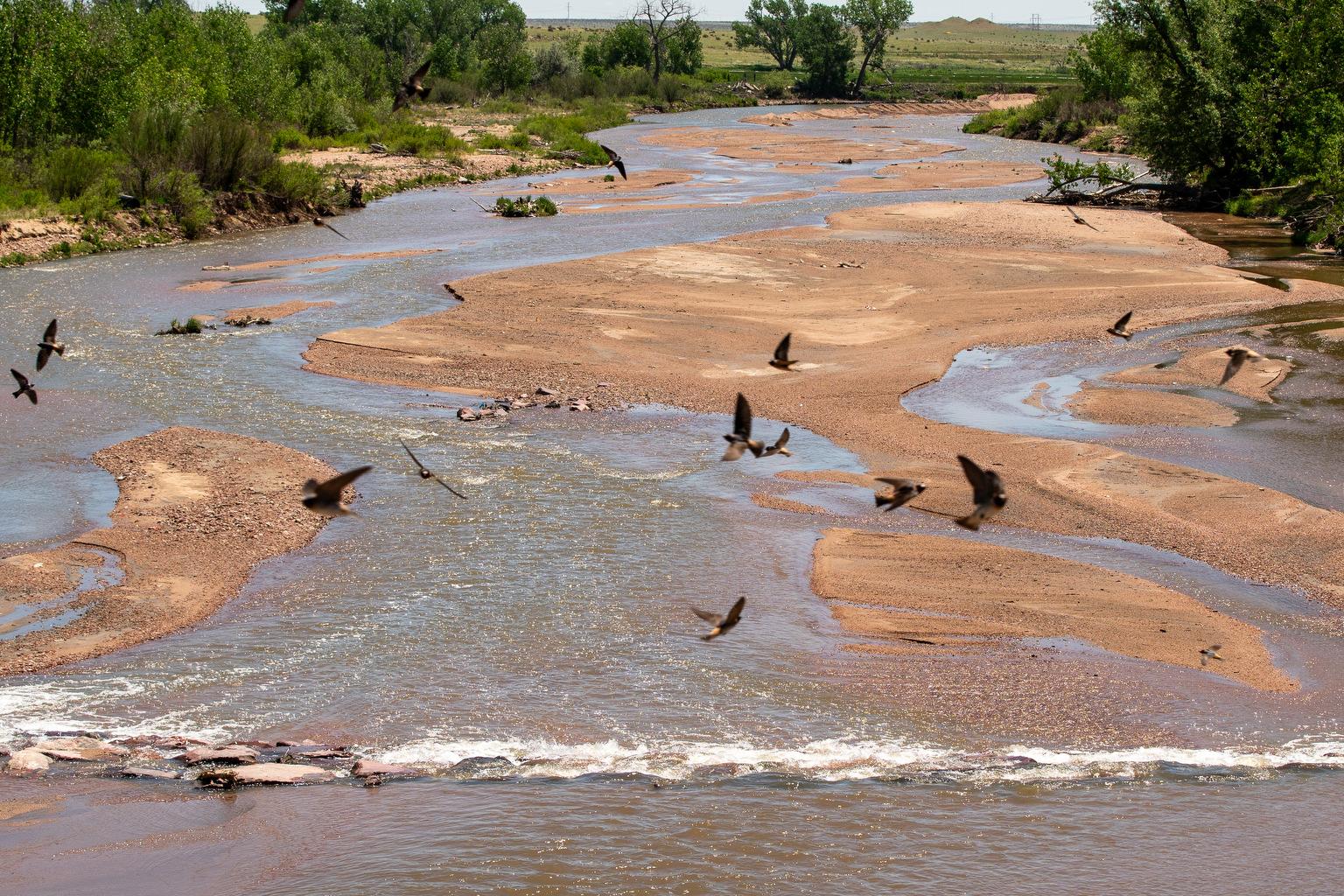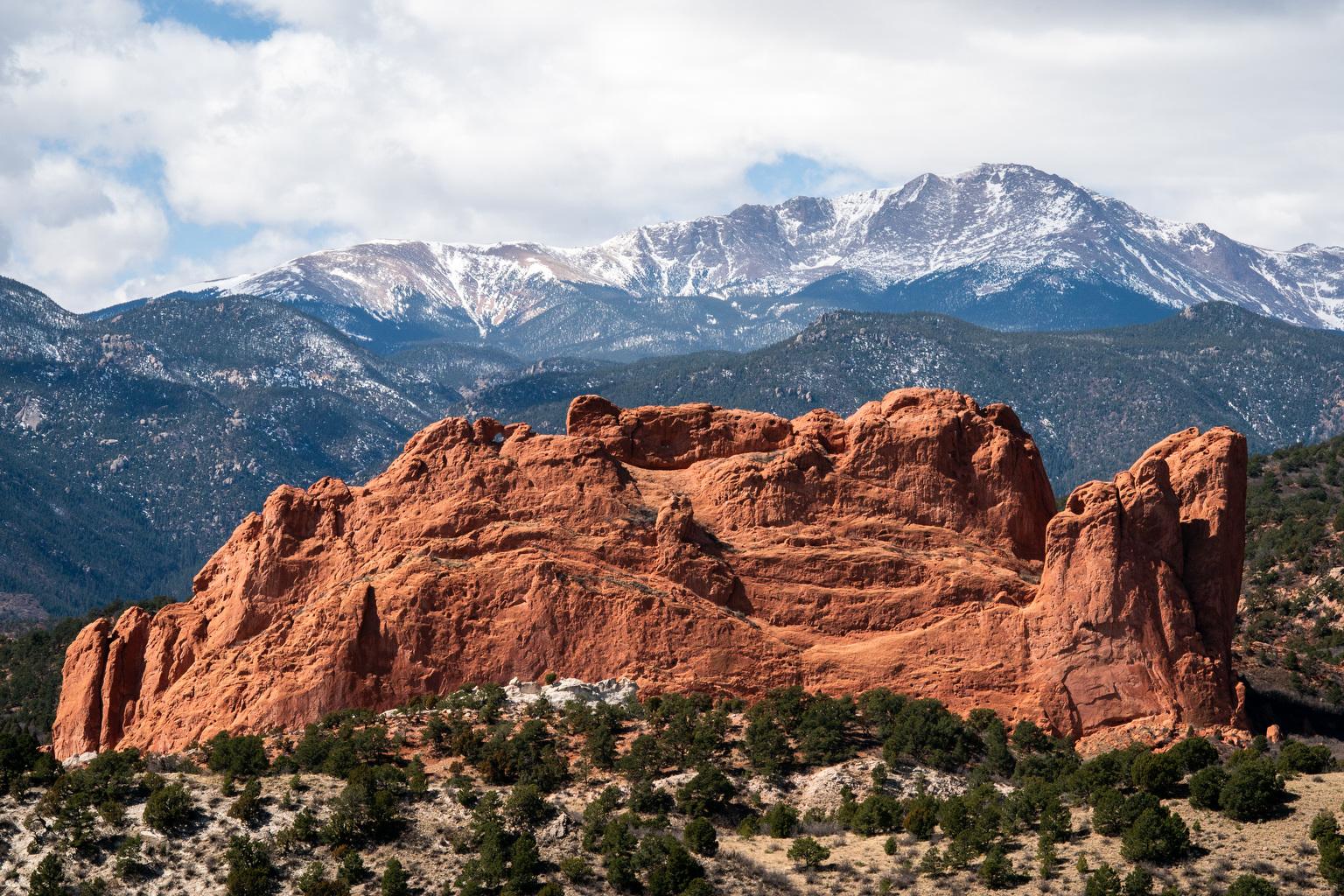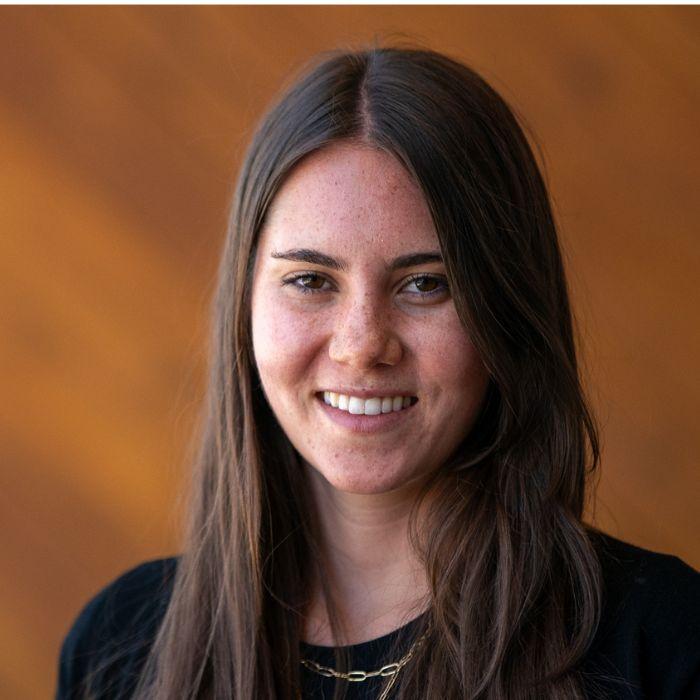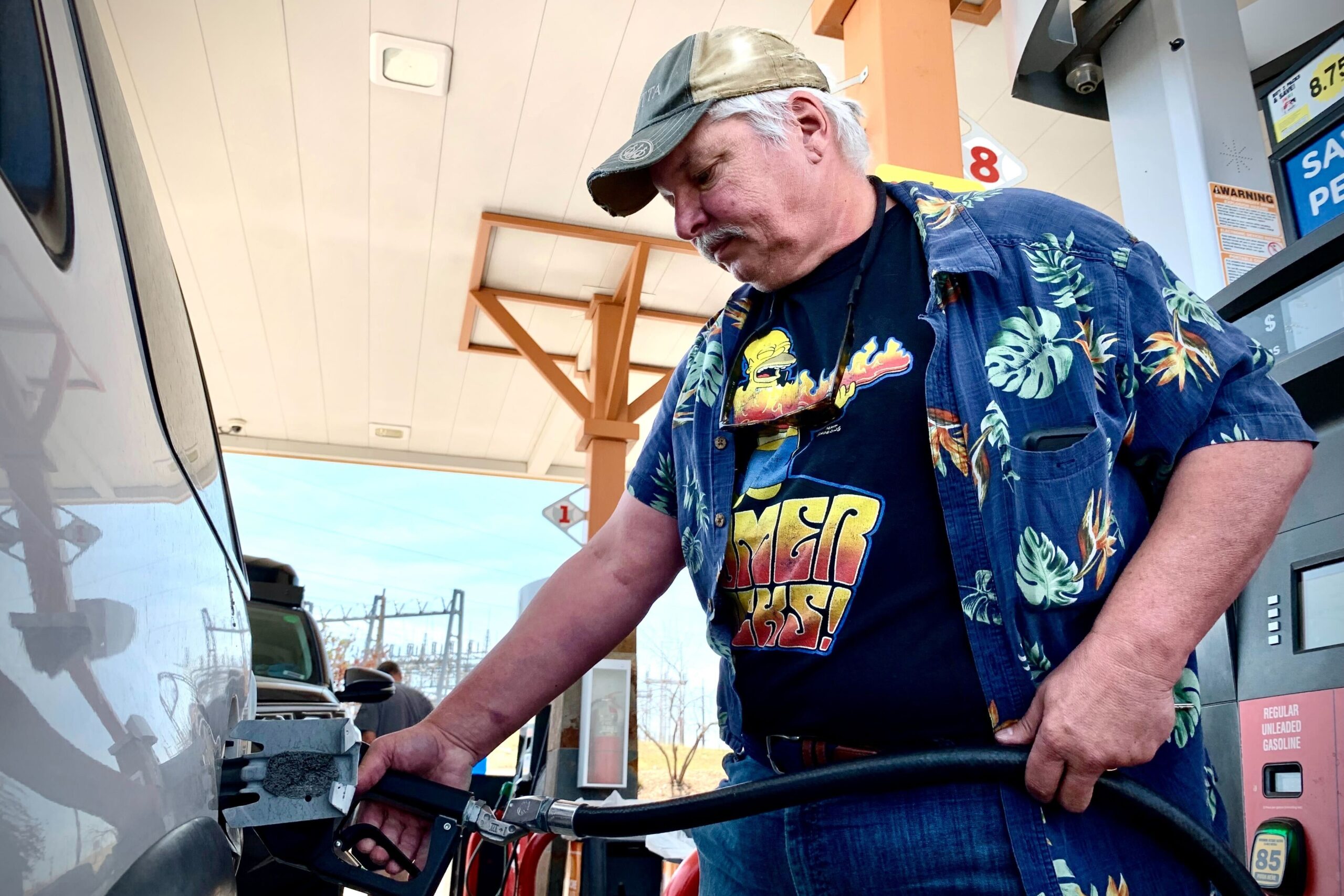
Brad Michael remembers exactly when inflation and the cost of living became his top issues for the 2022 election. He was at his regular grocery store in Castle Rock, buying chicken breasts.
Normally, the boneless, skinless chicken he buys was around $8 a package. Then about two months ago, he discovered, “Cheapest was 12 bucks, and now that same thing costs about 16 bucks.”
Now, he said, that kind of price has “become sadly normal.”
Michael is retired from federal law enforcement. He has a pension and his wife is still working. He said the fact that he lives in Castle Rock, a wealthy suburb where poverty is relatively low, means he’s still doing pretty well overall. But he estimates high prices have increased his regular grocery bill 25 to 30 percent, and have affected his life in other ways.
“I find myself checking Amazon first before I decide to hop in the car and drive anywhere. It used to be if I needed weed killer or something, I’d be like, ‘Great excuse to drive to Walmart or something.’ But now I’m like, ‘Nah, I’ll let that brown truck bring it,’” he said.
It’s not just trips around town that Michael has cut out. He has three adult kids spread out between Colorado Springs, Albuquerque and New Orleans, and said he won’t drive or fly to see them as much given prices right now.
He’s hardly alone: A Pew Research Center poll this spring found that by a wide margin, Americans see inflation as the country’s biggest problem. In metro Denver, prices for groceries have climbed 10.6 percent over the year. Energy prices jumped 25 percent overall, with gas even higher, at a nearly 34 percent increase.
Michael said these economic pressures will dictate how he votes. In Colorado’s primary this month, Republicans and unaffiliated voters like him are choosing candidates for big offices like governor and U.S. Senate, to face off against Democratic incumbents in the fall. Candidates from both parties will have to convince voters that their strategies to lessen the pain of inflation and bring down the cost of living will do the most to help.
Inflation, cost of living on voters’ minds
In interviews over the phone with individual voters, and at the Western Conservative Summit, Republicans and unaffiliated Coloradans described the range of ways inflation affects them.
Aurora resident Eliseo Gonzalez doesn’t drive a “gas guzzler,” but said high prices have still cut into his budget.
“My main question for candidates is what they plan on doing on helping the middle class with fuel and with the gas prices,” he said.
Twyla Barrett from Niwot said that the economy “is pinching everybody.”
“I still have older teens at home, and young 20-year-olds, and they eat like land sharks. And trying to afford groceries for two boys at home, it’s outrageous,” she said.
In Fruita, Michael Tennant is retired and on Social Security.
“The cost of living increase that they gave all Social Security recipients was totally chewed up by gas, by food,” he said. “It’s getting worse. I’ve even got some friends, acquaintances, living hand to mouth, having to go to soup kitchen-type situations just to get something to eat.”
He said with Democrats in control in the state and the White House, the cost of living has only gotten higher. Tennant believes part of the problem is that politicians, particularly Democrats in his view, don’t feel the pain of inflation themselves, so they haven’t felt the urgency to address it the way everyday people do.
“Politicians are so isolated from the common man, from the middle class, that they just do not understand and comprehend the suffering that they’re putting on everybody else,” he said. “It’s very irritating.”
Research has shown that members of Congress are richer – and getting richer faster – compared to the general public. Republicans and Democrats are equally represented among the wealthiest members.
Tennant said candidates or politicians who bring up issues other than the economy during this election, like racism and gun policy, are creating “diversions” and “deflections.”
Candidates focus on tax cuts and drilling
The Republican candidates for governor, Heidi Ganahl and Greg Lopez, both propose cutting various taxes and fees to ease the pain of inflation, though they are not often specific about which ones.
“How about we shrink government? How about we don’t enforce some of the fees and taxes that government is enforcing today?” Lopez asked rhetorically on Colorado Matters recently, in response to a question about the high cost of living. Fees help pay for things like roads, higher education, and Parks and Wildlife facilities.
Lopez has also proposed suspending sales taxes for small businesses. At the state level, sales tax makes up a significant portion of the money available for discretionary spending on things like education, human services, corrections and health care – about a quarter of spending.
A much greater portion, about two thirds, of the state’s discretionary spending is funded by income taxes, and Ganahl has proposed eventually bringing those taxes to zero. It’s a change that would save the median household in Colorado a few thousand dollars a year. Like Lopez, Ganahl believes any lost state revenue would not have a significant impact on state services and infrastructure.
“I think that we can attack fraud and waste, and also look at return on investment in the dollars that we are spending,” she told Colorado Matters.
Ganahl has also emphasized an idea that’s popular with some conservative voters but is unlikely to bring down gas prices in the short term: She wants to pump more oil and gas in Colorado.
Voters will decide which of these two Republicans will face Governor Jared Polis, who has made “saving people money” a prominent talking point for his administration.
He rebranded this year's TABOR refunds as the “Colorado Cashback Rebate” and spearheaded an effort to get them to people sooner. Now they will land in mailboxes just before this fall’s general election. Polis also paused the start of a new two-cent-a-gallon fee on gas that lawmakers approved last year, but has resisted calls to suspend the state gas tax. He is supportive of the idea of suspending federal collections.
All three candidates are entrepreneurs, though Polis is the richest of the bunch, with a net worth above $300 million when he was in Congress.
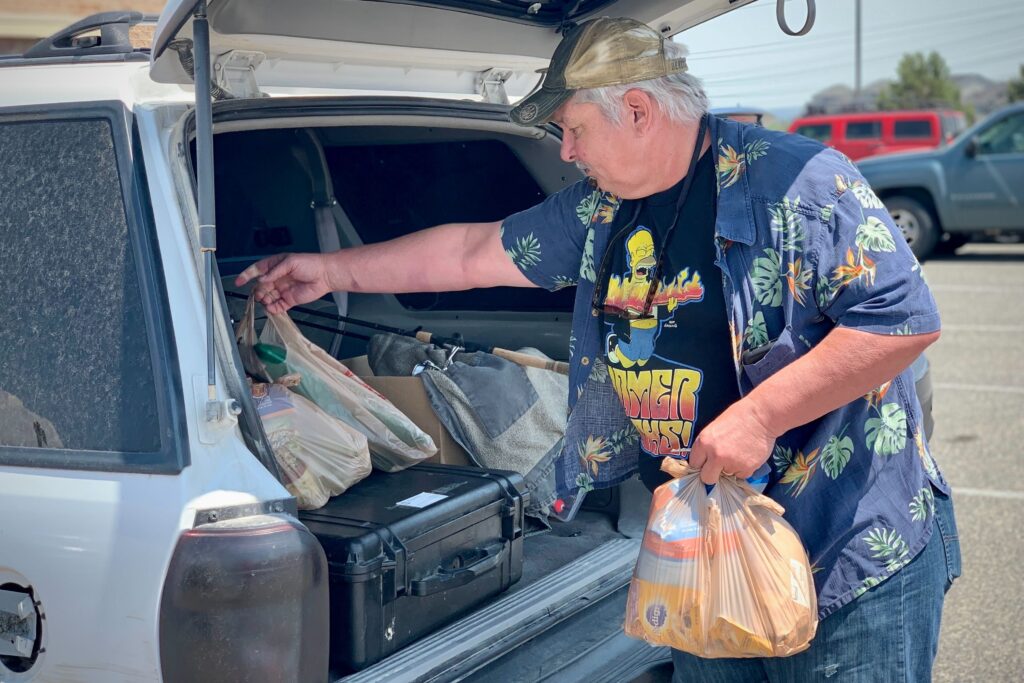
So far, Michael has not been impressed with Democrats’ handling of rising costs. As he stood in front of his usual grocery store in Castle Rock, the price of regular gas was $4.69 a gallon. While he was still trying to figure out which Republican to vote for in the primary, he felt pretty sure which way he’d go in the general election.
“I think it’s more likely that you’ll find a Republican more on the side of ‘Let’s lower the gas taxes and pump more gas,’ than a Democrat who may be like, ‘This is the wave of the future. Buy a Tesla, dummy.’”

